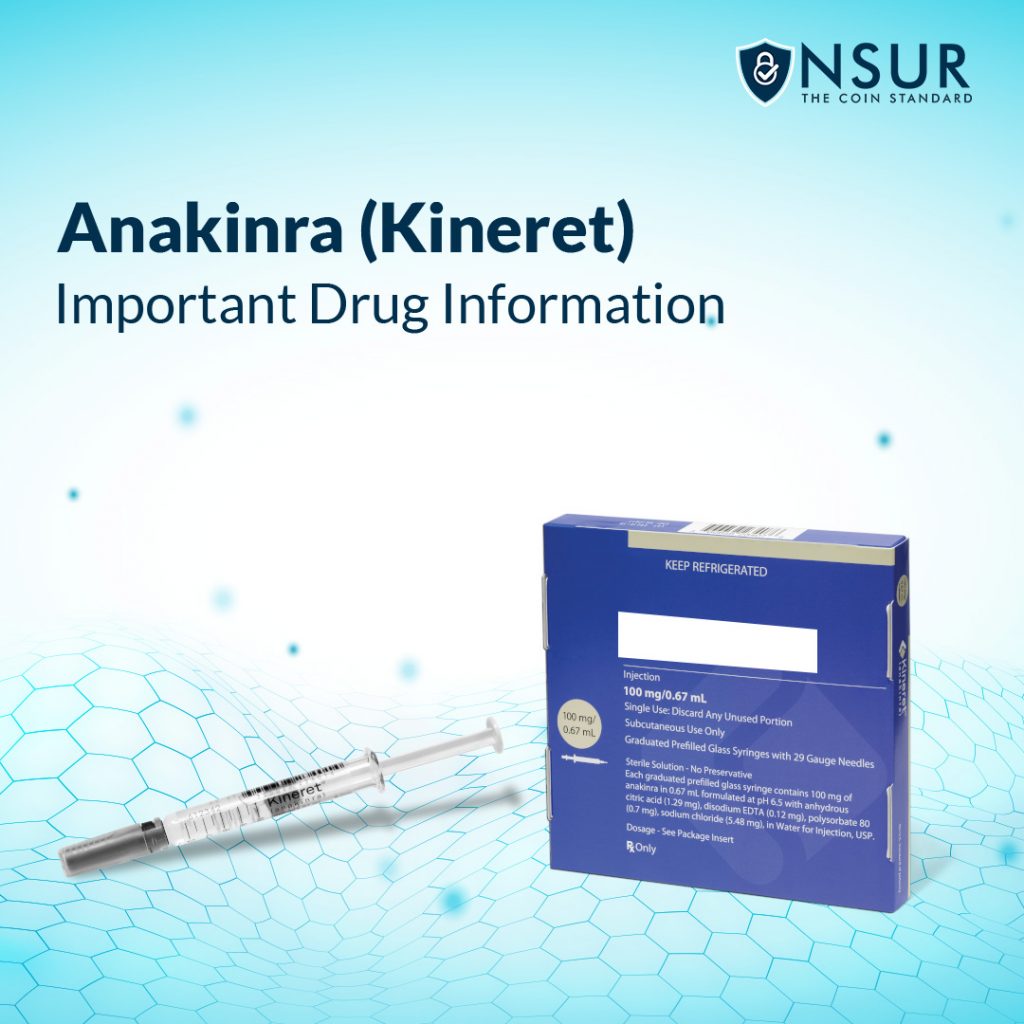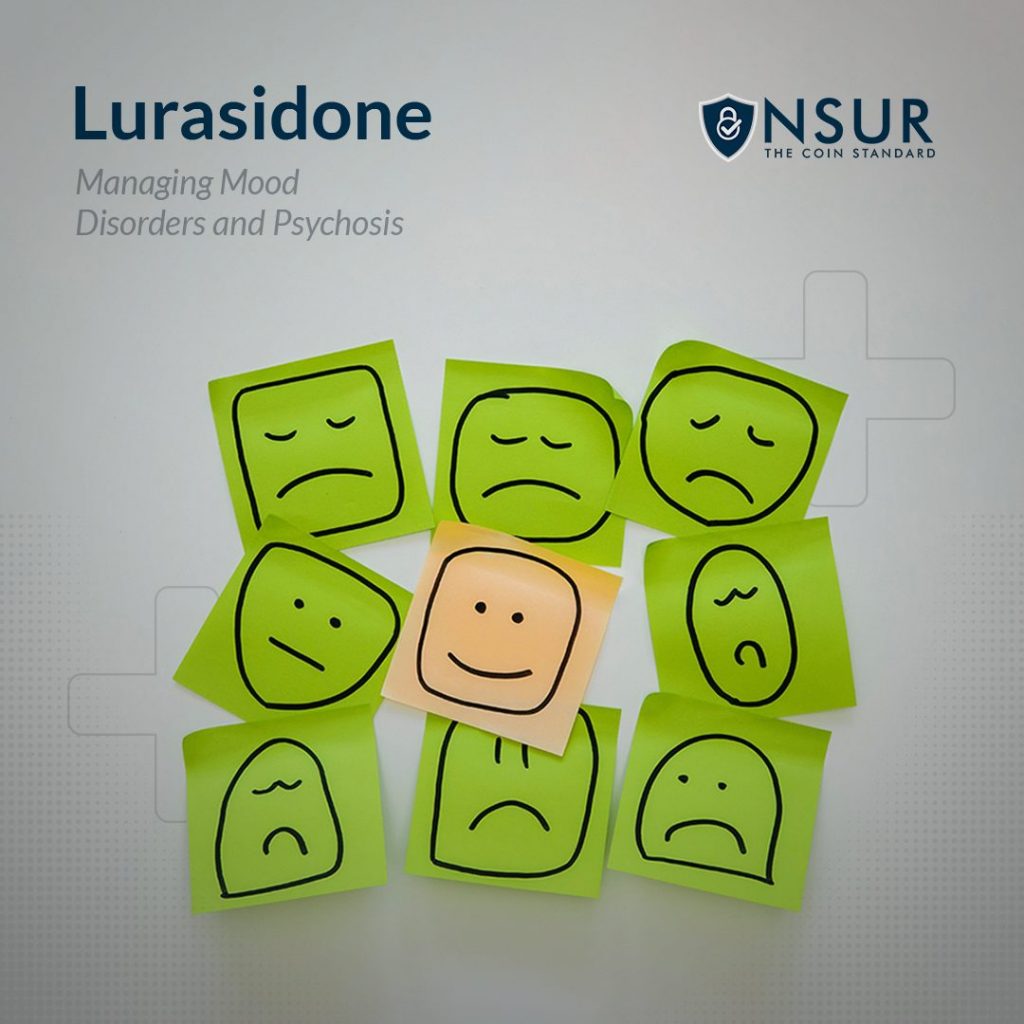
When it comes to treating arthritis, particularly rheumatoid arthritis (RA), the landscape of options has expanded substantially over the years. One of the more recent additions to the arsenal of medications is Kevzara (sarilumab). Developed by Regeneron Pharmaceuticals and Sanofi, Kevzara was approved by the U.S. Food and Drug Administration (FDA) in 2017 (FDA Approval) as a treatment for adults with moderately to severely active RA who have had an inadequate response to one or more disease-modifying antirheumatic drugs (DMARDs).
What is Kevzara?
Kevzara is a fully human monoclonal antibody that targets and inhibits the interleukin-6 (IL-6) receptor. IL-6 is a cytokine that plays a pivotal role in the inflammatory process associated with rheumatoid arthritis (NCBI Study). By inhibiting this pathway, Kevzara aims to reduce inflammation, thereby alleviating pain and potentially slowing the progression of joint damage.
How is it Administered?
Kevzara is administered via subcutaneous injection. The standard dosage is a 200 mg injection every two weeks, although some patients may be started at a 150 mg dosage depending on their medical history and other factors. It’s crucial to consult with your healthcare provider to determine the appropriate dosage and treatment regimen for you.
Efficacy and Side Effects
Several studies have demonstrated the efficacy of Kevzara in treating RA symptoms. A randomized controlled trial showed that patients treated with Kevzara exhibited significant improvements in disease activity scores compared to those receiving a placebo (The Lancet).
However, like any medication, Kevzara comes with potential side effects. These can include injection site reactions, upper respiratory infections, and elevated levels of liver enzymes. Severe side effects could include gastrointestinal perforations and a higher risk of infections. It’s essential to discuss the risks and benefits of this medication with your healthcare provider.
Who Should Consider Kevzara?
Kevzara is generally considered for patients who have not responded well to one or more DMARDs. If you fall into this category, your healthcare provider may suggest adding Kevzara to your existing treatment regimen. However, due to its potential side effects and high cost (it is a biologic drug), Kevzara is generally not considered a first-line treatment option (American College of Rheumatology Guidelines).
Take advantage of NSURx for your prescription drugs!
With the NSURx Prescription Benefit Card, you can save money on your medications at more than 35,000 pharmacies across the United States.
You can save up to 80% on your medication by using an NSURx card. Hundreds of dollars in savings could be yours every time you fill out your prescription.
The more you shop with NSURx, the more NSUR Coins you will receive as a reward.
Conclusion
Kevzara offers a novel approach to managing rheumatoid arthritis by specifically targeting the IL-6 receptor. Although it’s not suitable for everyone, for those who have struggled with inadequate responses to traditional DMARDs, it may offer a new avenue for treatment. As with any medication, a thorough discussion with your healthcare provider is crucial to weigh its efficacy against potential side effects and to consider how it may fit into your overall treatment plan.
Before making any changes to your medication or healthcare routine, always consult a qualified medical professional.
Disclaimer: The information in this blog is for informational purposes only and should not be considered medical advice. Always consult with a qualified healthcare provider for diagnosis and treatment.
Disclaimer
This blog post is intended for informational purposes only and should not be considered a substitute for professional medical advice. Always consult with a qualified healthcare provider for personalized recommendations and guidance.











